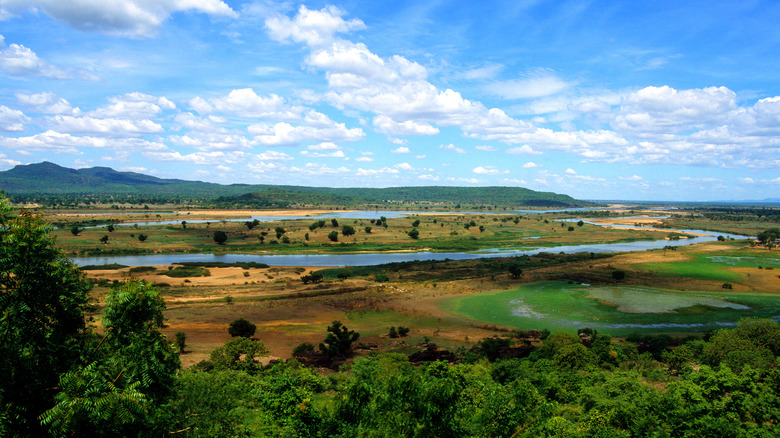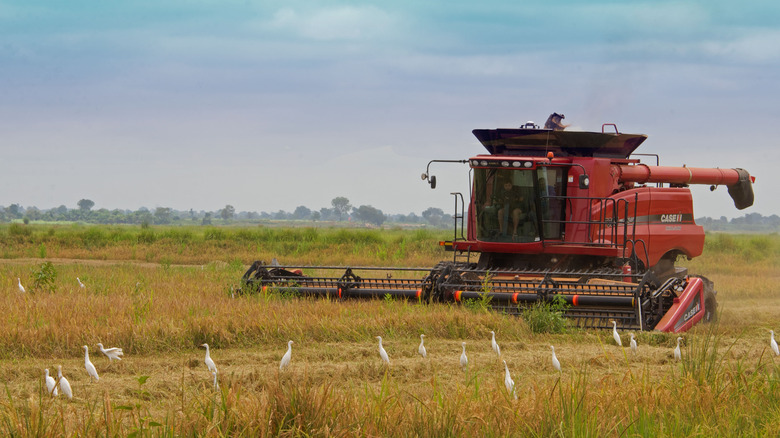Nigeria's 'Food Basket' Is Under Water As Severe Flooding Takes Its Toll
During a time when people around the world are struggling to get enough food to feed themselves and their families, there is more bad news. In Nigeria, a main agricultural area of the African country is flooded.
Just a couple of weeks ago on September 22, United Nations (UN) Food Chief David Beasley said the hunger crisis in the world was a dire situation. According to the Associated Press (AP), about 50 million people living in 45 countries were heading toward famine, including those in countries like Yemen, Syria, Afghanistan, and Somalia. Contributing factors for the world's food crisis are the COVID-19 pandemic, climate change, and the ongoing war between Russia and Ukraine. On October 5, Reuters reported that millions of Nigerians are living in poverty. Flooding in the country is affecting 29 of the 36 Nigerian states. In total, about 500,000 people are affected by the flooding. The catastrophe has also resulted in the deaths of more than 350 people. According to a report from Omaha World-Herald, Nigeria's National Emergency Management Agency stated that 2022 has seen the worst flooding in the country since 2012.
Crops under water
According to Reuters, of the land flooded in Nigeria is 247,100 acres used for farming. Some of the main crops to be affected by the flooding and other factors are maize and rice with a 12% and 21% reduction respectively in the amount harvested year over year. Like much of the world, Inflation is hurting the people of Nigeria where it was at a 17-year record high in August, according to Reuters. The rate of inflation for food was even higher at 23.12%. Even before the recent flooding, the amount of land being farmed in Nigeria was reduced because of previous flooding, food shortages, and COVID-19 restrictions. Also affecting the country's farming operations are increased prices due to the fighting between Ukraine and Russia and Nigeria's internal issues that resulted in farmers no longer working their land, per Reuters.
"This is a catastrophe indeed," said Dimieari Von Kemedi, chief executive of Alluvial Agriculture, a farm collective. "All of these wrong things are happening at the same time."

